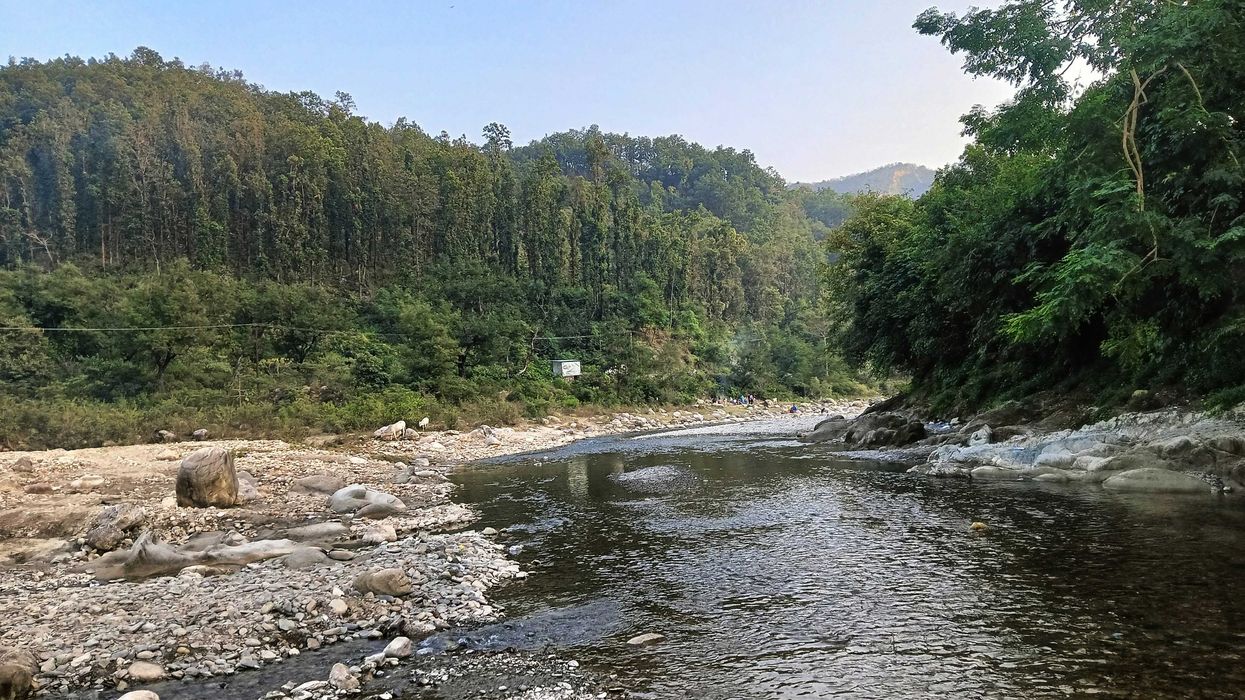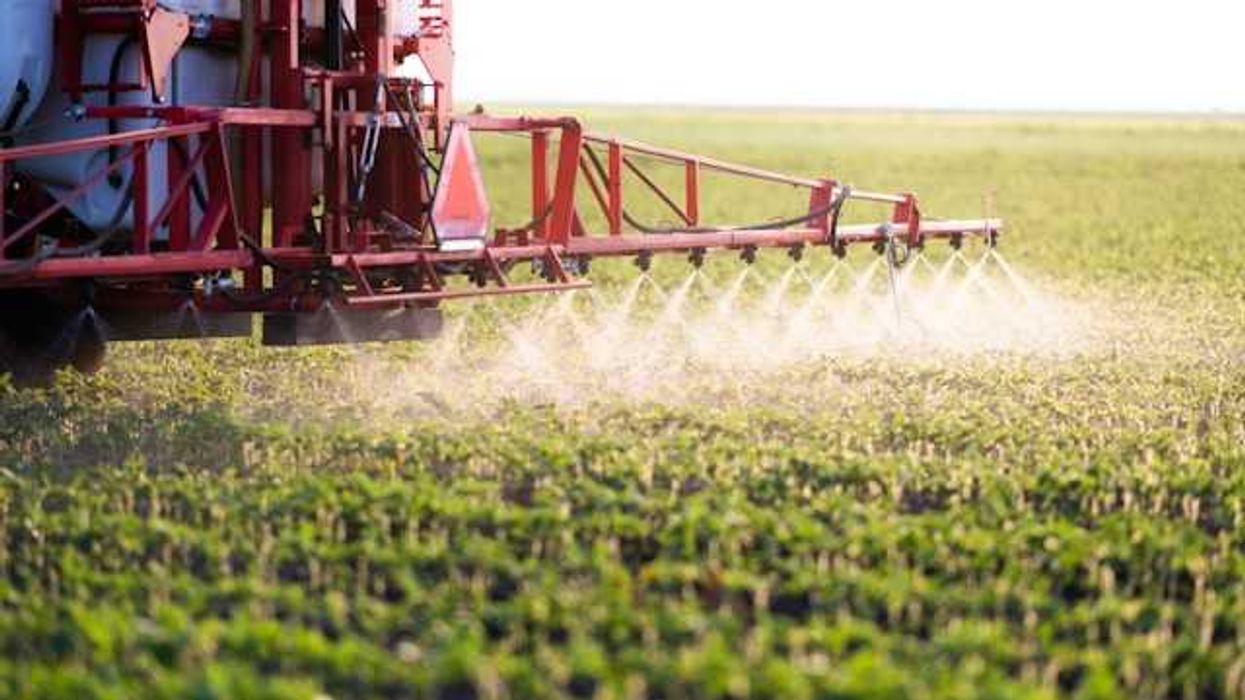Chronic wasting disease has been detected in more Wyoming elk feedgrounds, raising concerns that the state-run sites may accelerate the disease’s spread among dense wintering herds.
Mike Koshmrl reports for WyoFile.
In short:
- Two elk carcasses at Dell Creek Feedground in western Wyoming tested positive for CWD, weeks after the disease was first detected at another state-run feedground.
- Wildlife officials fear that prions, the nearly indestructible proteins causing CWD, will accumulate in the soil and further contaminate the 22 state-operated feedgrounds and the National Elk Refuge.
- Wyoming’s state Game and Fish Department has a new elk feeding management plan, but major changes, such as closing feedgrounds, require approval from ranchers, outfitters, and state leaders.
Key quote:
“We knew it was an eventuality, but it’s absolutely concerning. With every positive [elk] that’s out there, they’re starting to contaminate those feedgrounds more and more.”
— Justin Binfet, deputy chief of wildlife, Wyoming Game and Fish Department
Why this matters:
Chronic wasting disease is fatal to elk, deer, and moose and spreads through contaminated environments. Wyoming’s decades-old practice of feeding elk in concentrated areas could create a hotspot for transmission, potentially devastating local herds. Once established, prions remain infectious in the environment for years, making disease control difficult. Scientists and conservationists have long warned of the risks, but state policies limit quick action to curb the spread.
Read more: Assessing the human risk of 'zombie deer disease'














